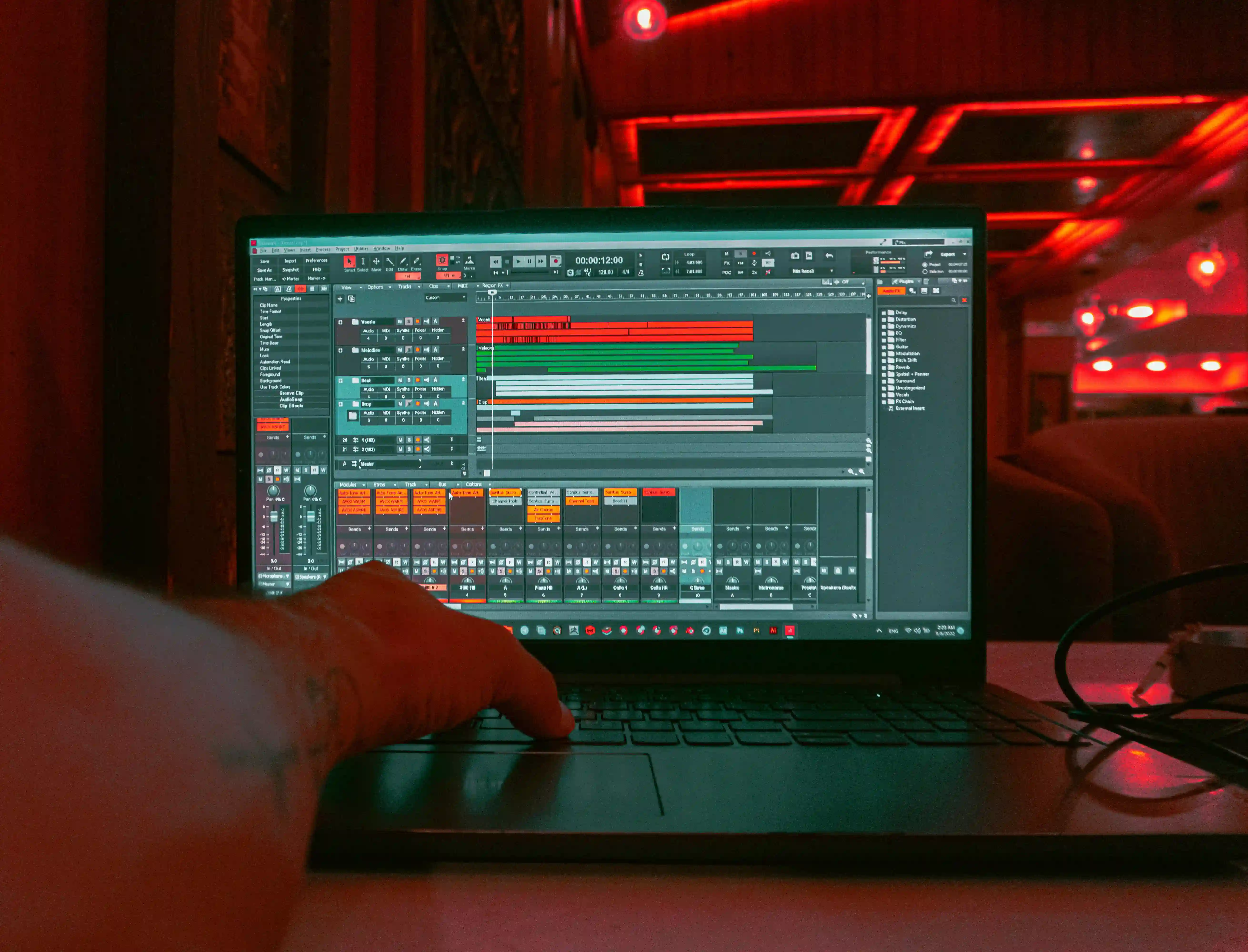Artificial Intelligence in Game Design:Explore How Artificial Intelligence Is Transforms Game Design
Artificial intelligence (AI) has revolutionized numerous industries, and game design is no exception. From creating more realistic characters to generating dynamic environments, AI has become an integral part of the gaming experience. This comprehensive guide explores the impact of AI on game design, showcasing how it enhances gameplay and contributes to the evolution of the gaming industry.

Enhancing Gameplay with AI
2. Creating Realistic Characters
3. Generating Dynamic Environments

Further Examples of Impact of AI in Games
4. AI in Storytelling and Narrative Design
5. AI and Game Testing

Summary
More Publications from gaming
Guide to Popular MMORPGs in 2024: Learn How To Start, Tips For Success, And Discover The Top MMORPGs
Top Tips and Tricks: Master Battle Royale Games With Our Comprehensive Guide.
The Evolution of eSports: Discover Key Milestones, Major Tournaments, And The Future Of Gaming
Best Indie Games You’ve Never Heard Of: Titles Across Various Genres That Deserve Your Attention.
Building the Ultimate Gaming PC on a Budget: Get Tips On Choosing Components and Assembling Your Rig
Virtual Reality Games:Discover How VR Is Revolutionizing Gaming - What To Expect In The Coming Years
Mobile Gaming Trends to Watch in 2024: Cloud To Augmented Reality- The Revolution of Gaming Industry
How to Stream Your Gameplay:Learn How To Stream Your Gameplay With Our Complete Guide For Beginners.
Best Classic Games to Play Today: Relive The Nostalgia With Timeless Titles From Various Eras.
Artificial Intelligence in Game Design:Explore How Artificial Intelligence Is Transforms Game Design
Post Views

















Add New Comment
please login to add or edit your comment
login nowpost comments
no comments added yet!